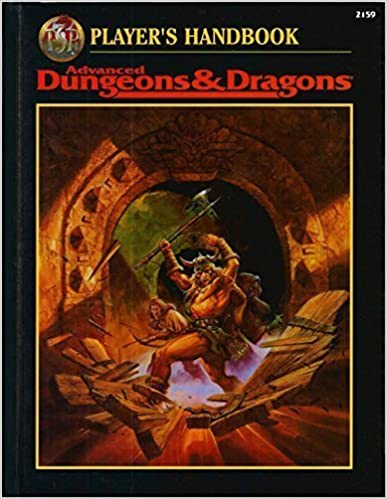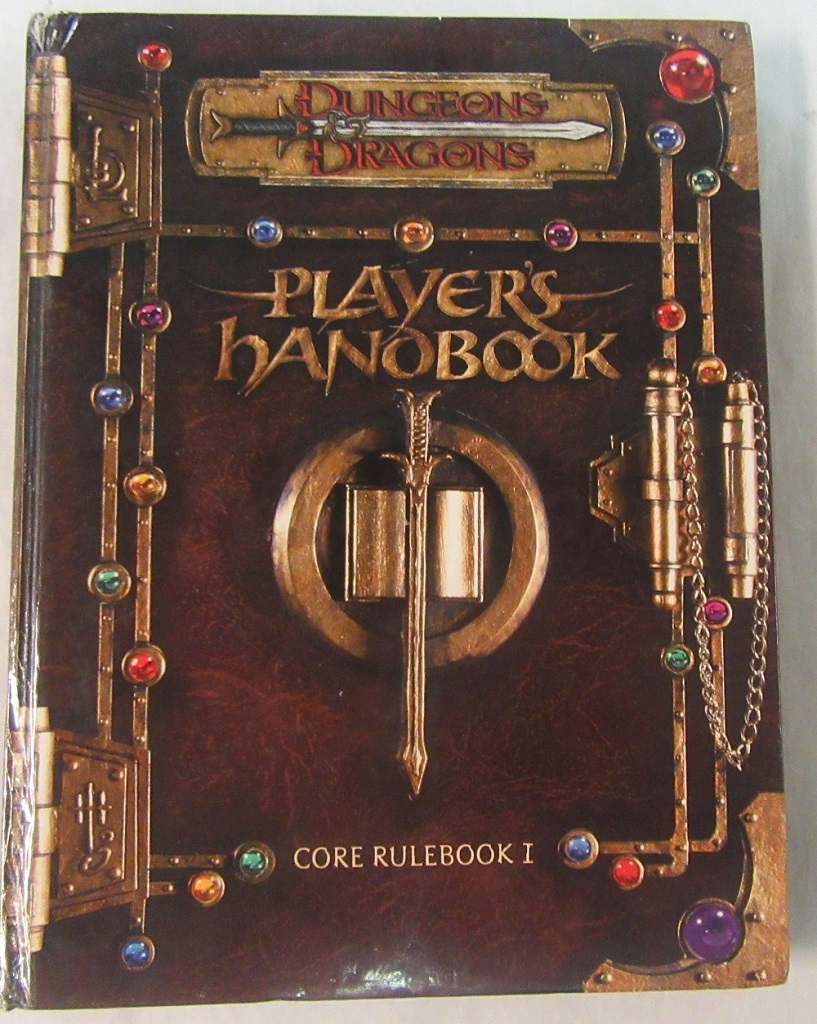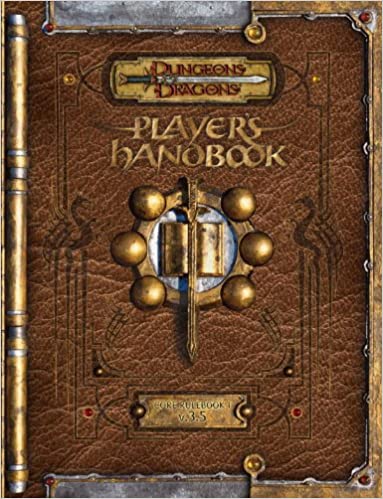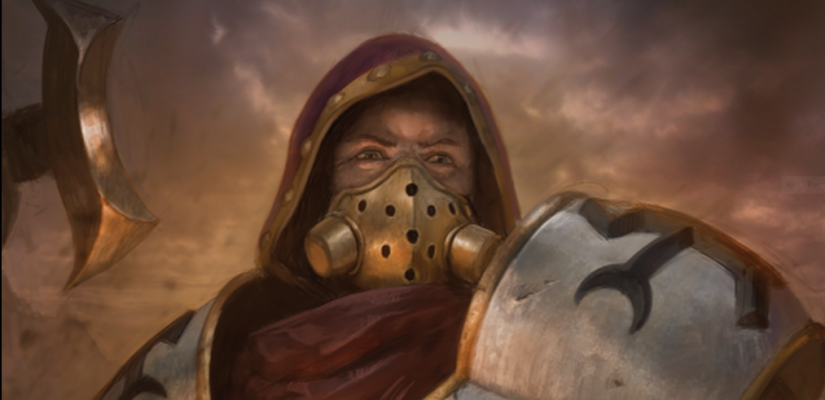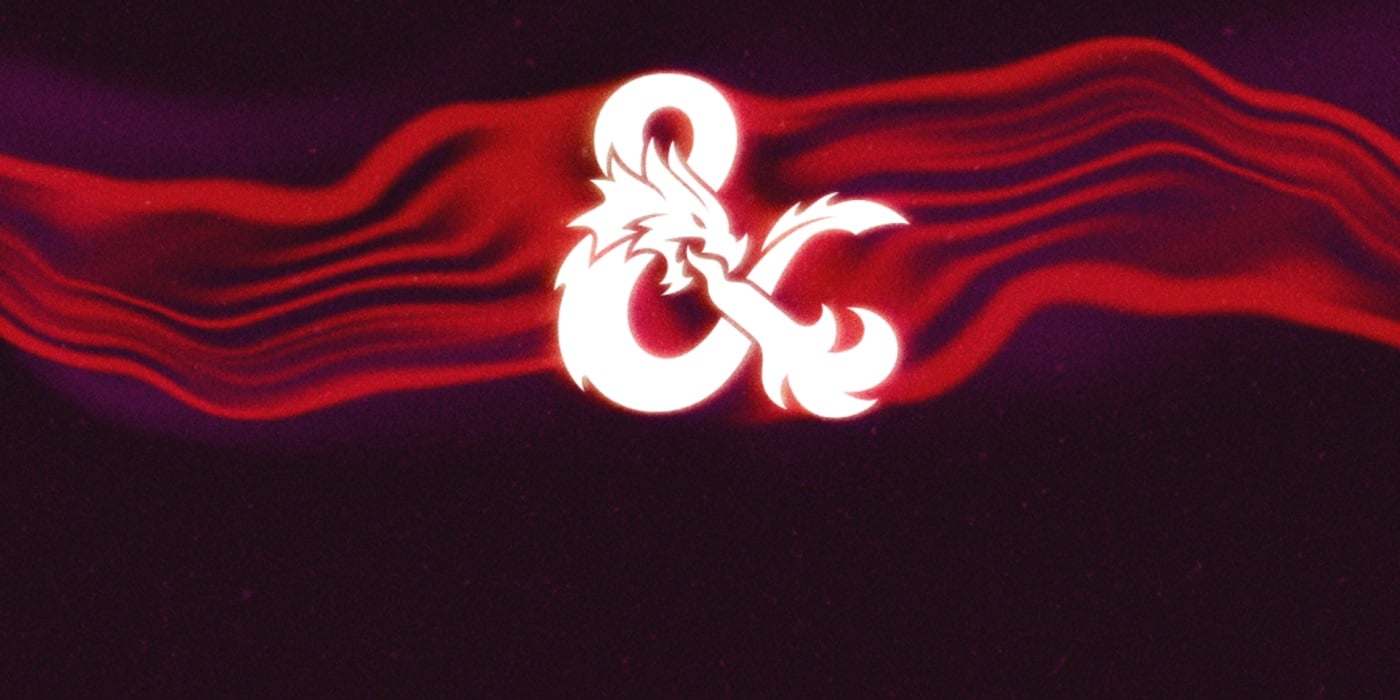
[ad_1]
Now that everybody is publishing video games for the 5E ruleset, WotC is altering all the pieces. Will One D&D result in one other ‘d20 bust’?
Just as D&D fifth Edition is getting greater than ever, WotC can be altering issues. In 2024, no matter ultimate title One D&D takes will come to go. And with it, large modifications for everybody linked to the fifth Edition ecosystem.
How do we all know? Because time is a flat circle. All of this has occurred earlier than, and it’ll all occur once more.
In 1977, D&D break up into Advanced Dungeons & Dragons (which is technically the identical department we’re nonetheless taking part in) and the Basic Set, which spawned its personal department that TSR supported till 1995 and which powers lots of the OSR video games.
Twelve years later in 1989, AD&D: 2nd Edition was launched. And with it, all new guidelines and character lessons. It was initially deliberate to consolidate the sport however modified a lot — all of the whereas aiming at backward compatibility.
The version change revamped the sport. So a lot in order that when the Player’s Handbook was revised, it got here with an enormous disclaimer that stated definitively “this is not 3rd edition.”
Of course, just a few years later third Edition got here. And that introduced with it the Open Gaming License.
The OGL took the principles of D&D 3.0 and gathered them right into a Systems Reference Document (SRD) that anybody may use to publish their video games.
D&D & the OGL
third Edition did extra than simply revise the principles of D&D. It launched the d20 Trademark License and Open Gaming License, which opened the doorways for anybody to publish D&D and D&D equipment utilizing the d20 model, successfully turning the d20 system into an RPG engine that different individuals may use to energy their video games, very similar to Epic Games did with their Unreal Engine only a few years earlier.
Subscribe to our publication!
Get Tabletop, RPG & Pop Culture information delivered on to your inbox.
And very similar to the Unreal Engine enabled extra video games to be created, the d20 System noticed the creation of a brand new type of firm — one devoted to publishing d20 content material.
But it wasn’t lengthy earlier than they revised the principles and launched D&D 3.5. And with it, got here substantive modifications to the sport. WotC promised “backward compatibility” when D&D 3.5 was introduced.
And to that finish, in June 2003, a month earlier than the discharge of three.5 (simply three years into third Edition), WotC supplied a backward-compatibility information for gamers to obtain.
In the information, had been guidelines on easy methods to adapt present WotC adventures to the brand new core rulebooks, in addition to notes for the Epic Level Handbook, Fiend Folio, Manuel of the Planes, Deities, and Demigods, and Monster Manual II.
The d20 Bust
Of course, that’s not the way it all ended. Quite a lot of corporations sprang into being within the early 2000s that existed to publish content material for D&D third Edition. All of it was constructed on the d20 Trademark and the third Edition SRD.
With the discharge of D&D 3.5, these guidelines modified. And modified considerably within the new core rulebooks. The SRD modified. Everything did, and lots of corporations, that couldn’t adapt, both closed their doorways or began publishing different issues. That’s how we obtained the wargame Warmachine after Privateer Press pivoted away from RPGs.
And whereas the businesses who had been making 3.0 video games may nonetheless publish, the playerbase had moved on. People stopped taking part in third Edition D&D. They had been all taking part in D&D 3.5.
And the place the gamers go, so goes their cash. Because D&D has at all times, at all times been the most important participant within the sport. Perhaps within the 80s, there was an opportunity of rivals overtaking them. But when WotC took over D&D from TSR, after which later Hasbro acquired WotC, D&D turned the continental shelf upon which the remainder of the trade is constructed.
It’s the biggest-selling, most well known RPG. And it stays so to at the present time. So when the gamers of D&D moved on from the present guidelines, the three.0 books dried up.
4th Edition shook issues up too. WotC shifted its license help. Which spelled catastrophe for lots of oldsters. But, out of 4th Edition got here fifth Edition.
One D&D and D&D 5E
So right here we’re once more. fifth Edition is larger than ever. It’s the most important D&D has ever been. WotC is having its greatest and greatest years constantly.
The complete RPG panorama has modified. And there’s no questioning D&D’s reputation. Just have a look at what number of sturdy IPs are making headway into fifth Edition D&D:
And that’s not even mentioning the numerous marketing campaign settings and new lessons and different programs that depend on the fifth Edition Core Rules ecosystem to operate.
Kickstarted marketing campaign settings just like the Path of the Planebreaker, or the quite a few Viking Mythology-inspired ones all work off of fifth Edition.
And WotC guarantees “backward compatibility.” But new core rule books are coming. New variations of the lessons and love. Already races may very well be totally different, and among the core guidelines underlying the sport are totally different.
We don’t know how backward-compatible the “next generation of D&D” can be. That’s why you by no means see anybody calling One D&D sixth Edition. That signifies a clear break.
As D&D strikes away from fifth Edition, the previous adventures will nonetheless be suitable, certain. But with the participant base taking part in a brand new ruleset? A brand new SRD rooted in no matter One D&D will change into? Where will they — and their cash — go?
What do you suppose One D&D means for the trade at massive?
[ad_2]
